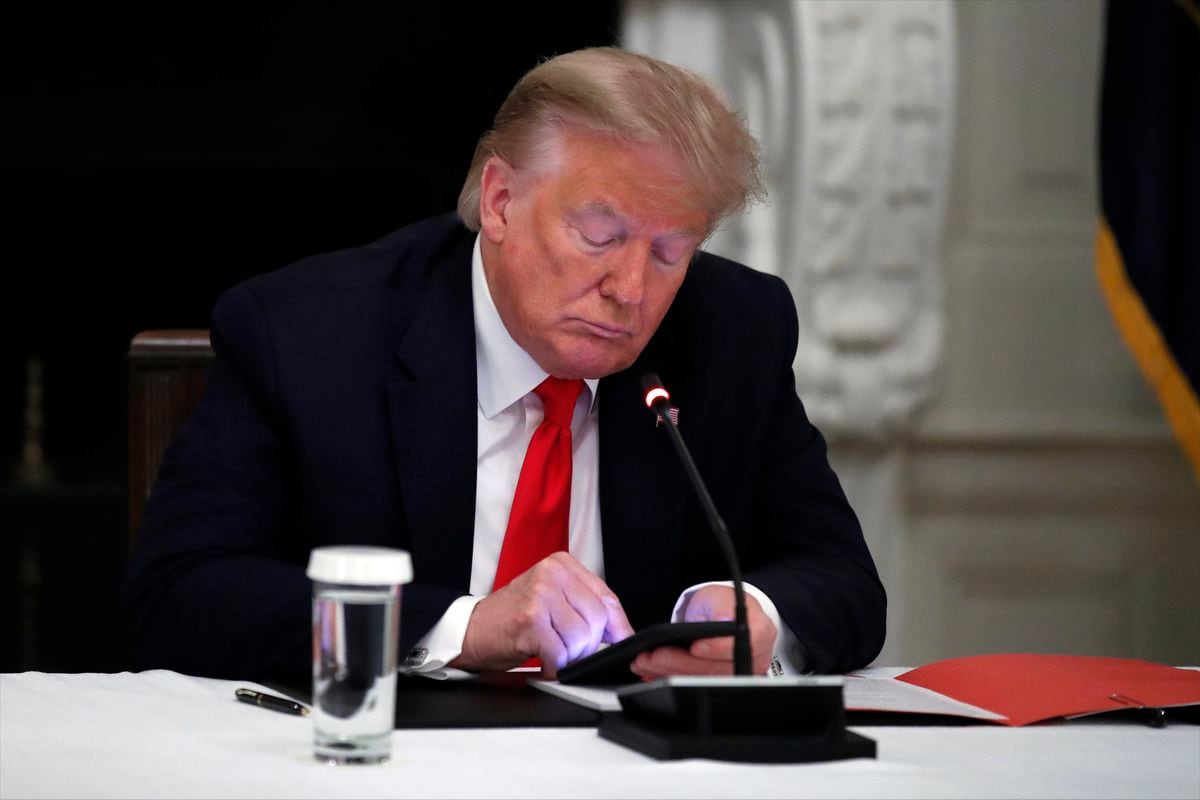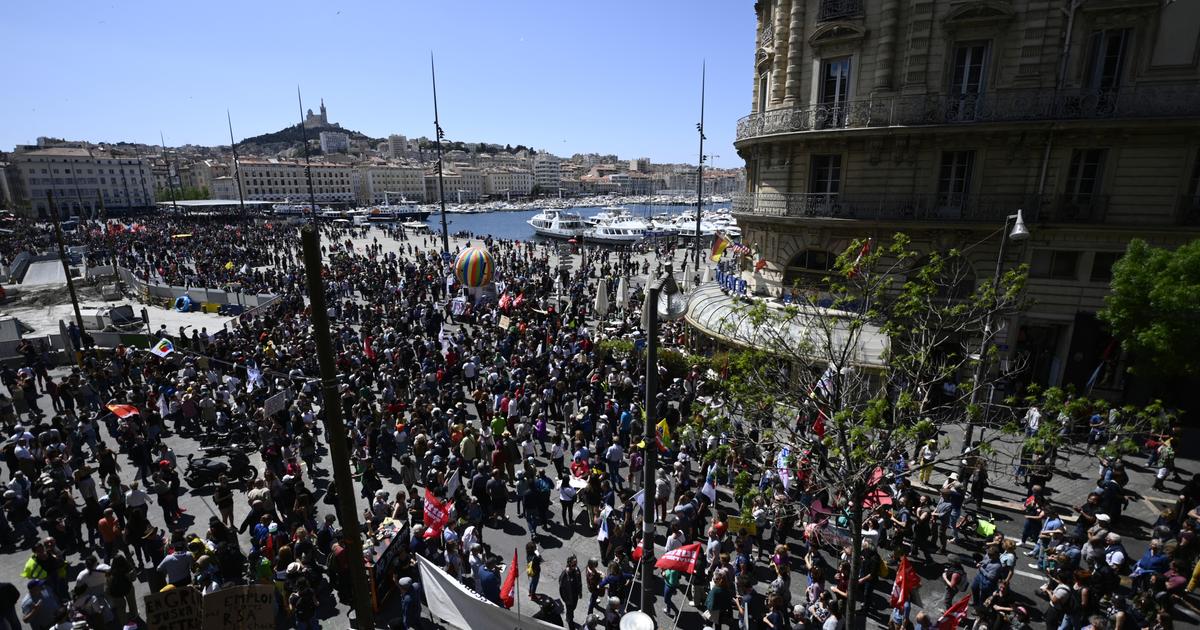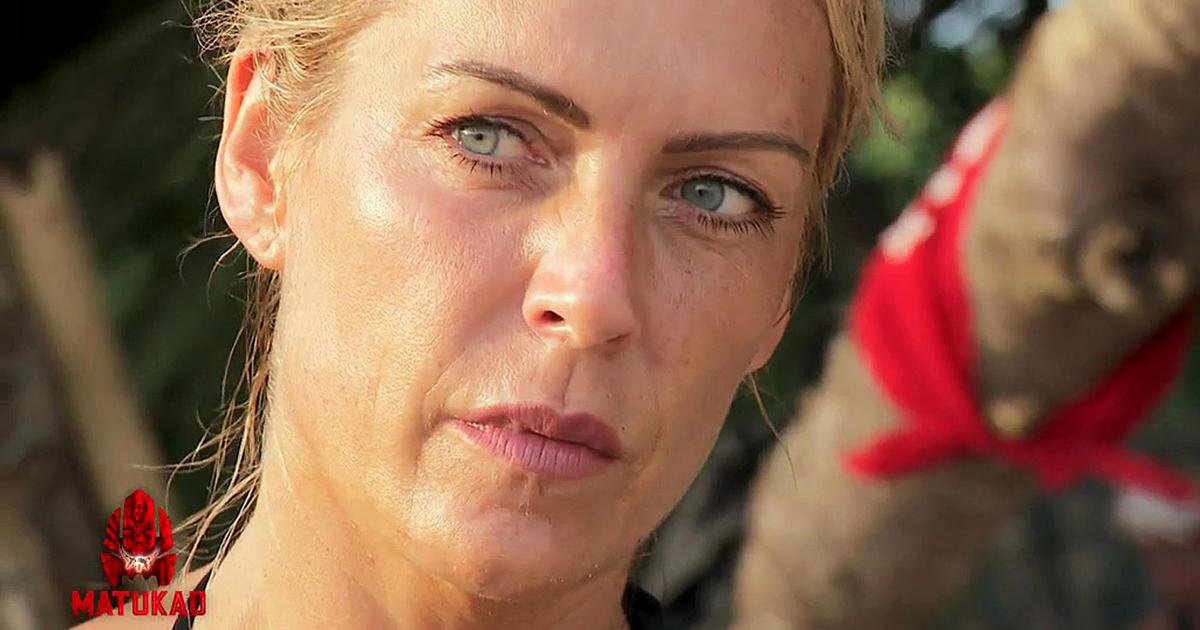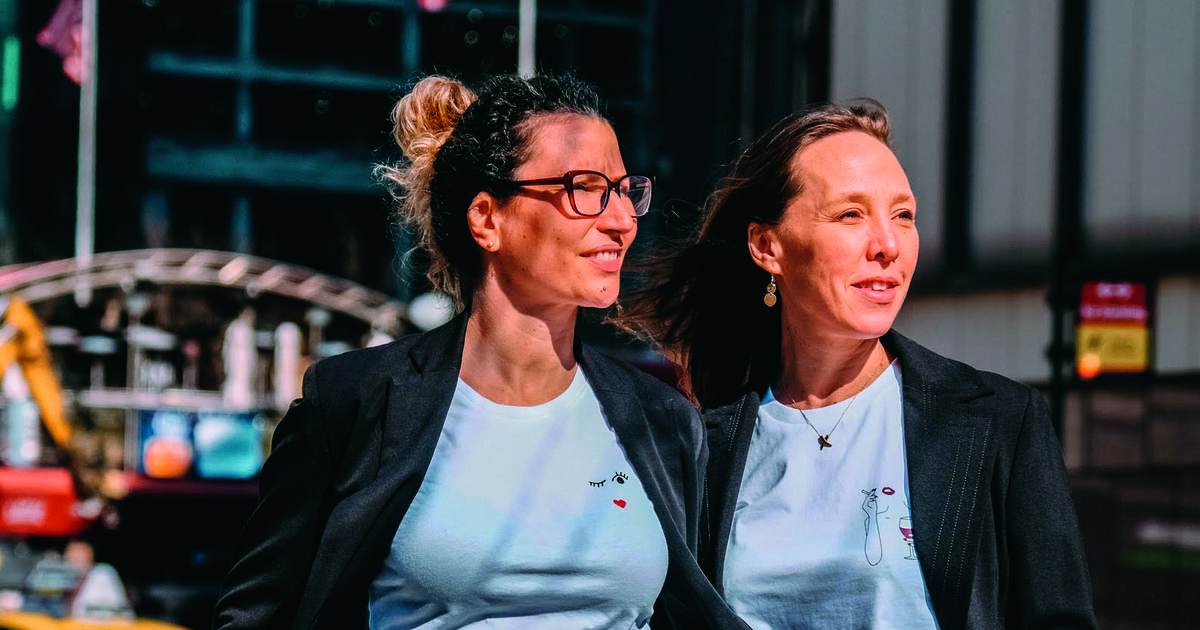Note to readers: EL PAÍS offers the Future Planet section for its daily and global information contribution on the 2030 Agenda. If you want to support our journalism,
subscribe here.
In May 2020, Julie Owono was chosen as one of the first members of the Facebook Oversight Board, a council of wise men that acts as an independent appeals body for users who have complaints about content suppressed by the social network.
Owono is a lawyer of Cameroonian origin who has become a key player in the protection of digital rights and who has focused an important part of her activity on the defense of those same rights in sub-Saharan Africa, where social networks have shown in in recent months its impact on the democratic health of various countries and on the balance of coexistence.
Owono looks at the role that digital platforms should play and the risks they face with the caution required by the fact that some of the conflicting cases may end up on the table of Facebook's advisory board.
More information
An increasingly hostile internet for African women
The mysterious blackouts on the Internet when protesting
"Every time the Internet is cut off, it is the confession of the failure of a government"
Question:
What is your role on the Facebook Oversight Board?
Answer:
I have been a member since May 2020. Before, as the director of Internet Sans Frontières, which is an NGO for the defense of digital rights, we had participated on two occasions in the consultations organized by Facebook before the launch of this council, in Nairobi and In Berlin.
Our role as members is to make decisions about the removal of content on Facebook and Instagram for violation of community rules.
Q:
During this first stage, have you received complaints from Africa?
A:
We have not had cases arrived from Africa.
From my point of view it is a problem for the council, and we would have to make a greater effort to be known by African users and to work with the digital rights organizations of the continent, and to show that we are aware of the problems there is when it comes to content.
We would have to make a greater effort to be known by African users
Q:
Do you think that Facebook Oversight Board is a sample of the platform's taking responsibility that they demanded from organizations that defend digital rights?
A:
Facebook's decision to embark on the creation of the Facebook Oversight Board was, for them, a way of assuming that social networks and, specifically, Facebook and Instagram, have a leading role in the conversation in public spaces because they are networks are, in reality, public spaces.
They understood that it was essential that this word be democratic.
It could not be that the voice of 2 billion individuals depended exclusively on a group of people in a company.
It is a way of taking note of that responsibility and also of recognizing that it is important that there is transparency and accountability in this decision-making space.
Q:
Criticisms of the resources allocated by social media platforms to content moderation in Africa are often repeated;
Lack of equipment and lack of necessary knowledge, for example, of national languages are reported.
A:
Well, we do not take care of moderation, we are not one of the teams that are confronted with content on a day-to-day basis.
Obviously there are many things that Facebook has yet to do, in Africa and elsewhere.
The council is there, to offer principles anchored in international law and of reference to a company that tries to preserve freedom of expression.
We hope that it will help you in your change in the way you treat the content and moderate it.
Our responsibility is to offer a guide that will help these moderation teams and also users in their daily work, because they will know what are the clear, precise, proportional and necessary rules to preserve freedom of expression and other rights that could also be putting himself in danger with some posts.
Our work already leads us to wonder about the way in which Facebook moderates, above all, to criticize that many of the moderation decisions they make today are based on automatisms and that automatisms are wrong
Q:
But do you help make that moderation process more transparent?
A:
We are a means of appeal for the user that did not exist before.
Before, they would delete some content and it would stay there, with your frustration, without knowing what it was that you had done and when your account would be operational again ... Facebook has committed to respect human rights as a company and one of those rights is possibility to complain when a violation has occurred.
In this case, when you consider that your publication has been unfairly withdrawn, you have a way of claim or appeal.
Our work already leads us to wonder about the way Facebook moderates, above all, to criticize that many of the moderation decisions they make today are based on automatisms and that automatisms are wrong.
Q:
We have seen in recent months cases in which Facebook has been tried to intervene irregularly in elections, as in Guinea or Uganda.
How should the platform react?
A:
This whole issue of presidential accounts or political accounts only admits one comment on my part: platforms, technology companies in general and, in particular, social networks, do not have to wait for the catastrophe to occur to react, wherever it may be, they have the possibility to do so much earlier.
Either in the case of Guinea, or in the case of Uganda, with the suspension of accounts linked to the Government or for any case of use of the platform to promote violence, organized disinformation or other episodes that concern us.
Q:
But do you go to the trouble of doing it on the African continent?
A:
If the platforms paid more attention to what happens beyond the United States or Europe, they could get answers long before the problem occurs and it is, in part, one of the reasons that have led me to accept this responsibility : forcing platforms to look towards places where they do not look, where they do not see problems, due to the lack of resources proportional to the threat.
I want to force the platforms to look towards the places where they do not look, where they do not see the problems, due to the lack of resources proportional to the threat
Q:
What role should social media platforms play in preserving democracy and coexistence in Africa?
A:
Right now, your role is fundamental and we see it very clearly.
I have worked a lot on internet locks and four or five years ago they cut off the entire internet.
Today WhatsApp, Facebook, Instagram, Messenger, Twitter are blocked ... This shows that the platforms are annoying.
If they are blocked, it is because they are annoying.
Now the regimes are more cunning and say that these platforms encourage disinformation and favor the commission of community violence.
That is why I have always told the platforms if you continue to think of Africa as a consumer warehouse, instead of a place where there are citizens with rights who care about security, you will find more cases like Uganda (where the nets were cut), without forgetting that Uganda is a case of manipulation.
Q:
What do you mean?
A:
I think that a danger for these networks is to become unpopular structures, to spread that message from the leaders that social networks are a space for manipulation.
It is important that people do not accept that the Internet is cut off because Facebook, Messenger or WhatsApp are contributing to misinformation.
I shouldn't be much more specific because some of these episodes can end up on the advisory council, but unfortunately in Africa and in French-speaking West Africa we see things, as activists, that make us very frustrated, because we know that they would not be allowed anywhere else in the world. world.
Q:
Facebook is not moderating well?
A:
I'm not saying that Facebook teams don't do their part, but they do what they can with the resources they have.
Again, I think it is important that the media is proportional to the threat and the company has not become sufficiently aware that, in my opinion as the director of an NGO for the defense of digital rights, not concentrating enough or not paying enough attention to these problems, the platforms are risking potentially jeopardizing a place where they could make a lot of money, by speaking the same language.
Q:
Do you mean they could jeopardize your business?
A:
It is your interest as a company.
They are not our same interests as activists, but in this case, poetic morality coincides in that sense with financial interests.
Q:
What should be the position of social media platforms?
A:
The response from the platforms and from Facebook and Instagram, which are the closest to us, is that they should put more proportional means to be useful to citizens.
I mean that they are useful for entertainment, of course, but also when it comes to more political issues and, above all, in questions related to citizenship and democracy.
They should be more interested in establishing links with the population, which is also a population of young people and who will end up taking over the reins of Africa.
It is time to get on that side.
FUTURE PLANET can follow on
,
and
, and subscribe
here
to our 'newsletter'
.









